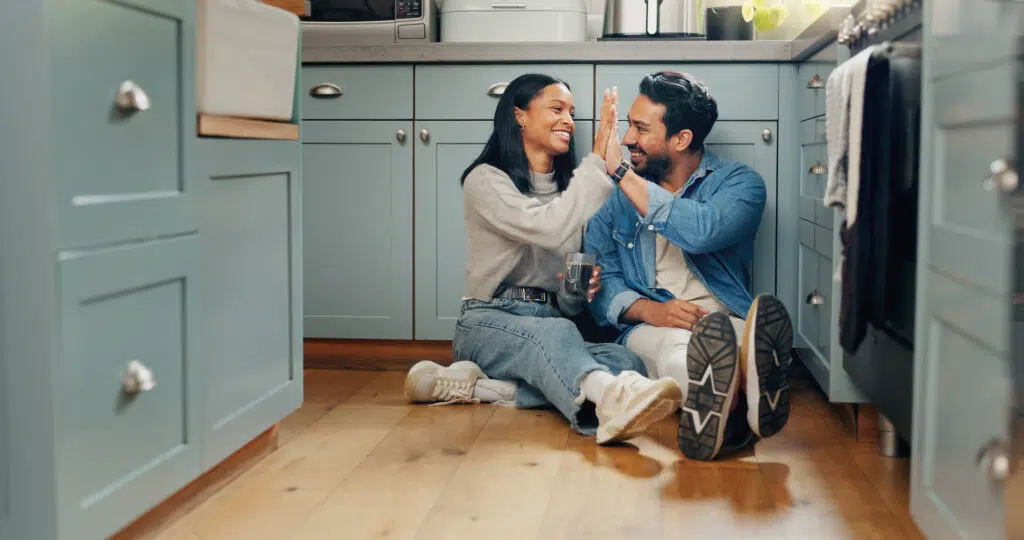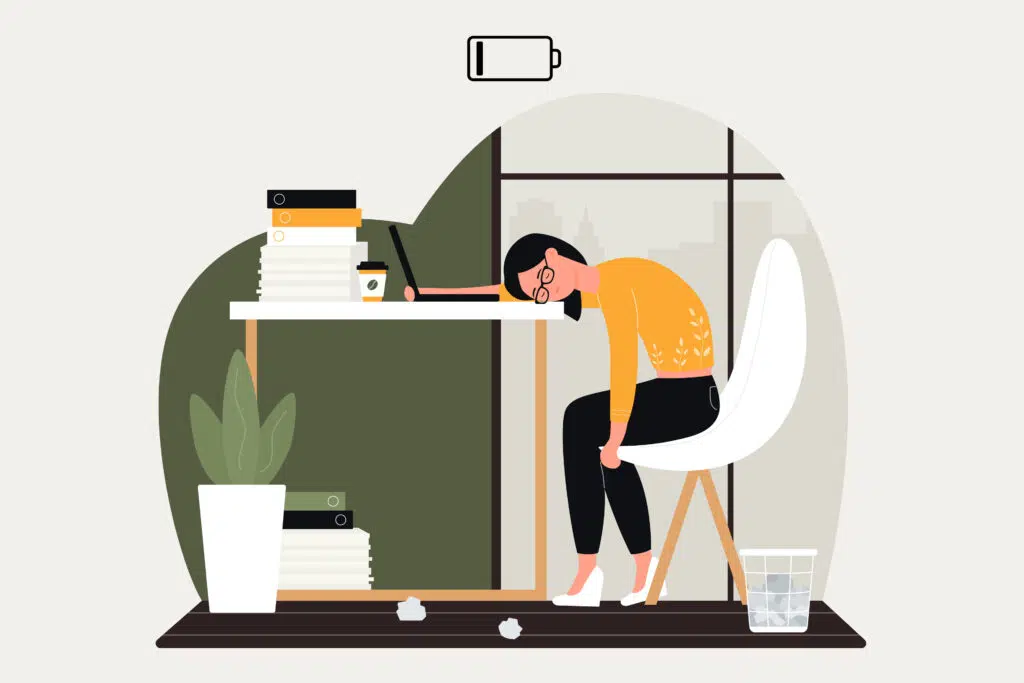Find the Motivation to Start Doing

What drives you? What are the things that push you to behave in positive ways even when you don’t feel like it? The things in your life that get you going, even when lethargy, anxiety, sadness, and overall discomfort arise?
Look, we all do things that we don’t feel like doing. Do you always feel like going to work, or the gym, or the in-law’s Holiday party? Likely not, but you do it. It’s because you care about something more than being uncomfortable or tired. You value something more which helps drive you. At times, if those values are not in the forefront of our minds, our emotions tend to take the driver’s seat and direct where we go.
Once you become aware of your true values you can use them as a tool to push through discomfort and reach your goals by taking committed actions in line with your values.
I’ve spoken to people who go through traumatic events, such as motor vehicle accidents. In their minds, vehicles are dangerous and something that needs to be avoided at all costs. The best way for them to challenge those thoughts of danger is to experience the vehicle in safe ways. However getting into any type of vehicle is incredibly difficult, uncomfortable, and anxiety provoking. Finding the motivation to overcome those emotions is challenging. But let’s say a person’s family lives a two-hour drive away and since the traumatic incident they stop visiting them. Do these people now value being comfortable over their family? Likely not. But is that what their behaviors are saying? Helping people in this situation prioritize their values over emotions is an incredible motivator.
So what do you care about more than being comfortable? What are your values? If you have a goal or habit you’d like to achieve, engage with the meaning behind it. Write a list down and keep it near you. When you find your mind coming up with rationalizations for why not to do something, which it will, reference your values and remember that our emotions influence our behaviors, but they certainly do not control them.

How to Manage Stressful Life Transitions and Events
From getting into college or having a baby to splitting from a spouse or experiencing the death of a loved one, life can surprise you with big wins and tear you down with loss. Life is filled with transitions, some happy, others stressful and difficult.

How Long Does it Take to Recover From Burnout?
If you’ve reached burnout, it describes a state of complete emotional, physical, and mental exhaustion. Between heavy workloads, toxic work environments, economic uncertainty, and a poor work-life balance, burnout is a very real problem that can affect all aspects of your health.

What is Mindfulness Therapy?
Mindfulness therapy involves using mindfulness techniques to increase awareness and learn to manage emotions more effectively. These techniques include paying attention to the present moment without judgment.

What is Dialectical Behavioral Therapy (DBT)?
Dialectical behavioral therapy (DBT) is a type of talk therapy developed to help people struggling with intense and overwhelming emotions and relationship difficulties.




